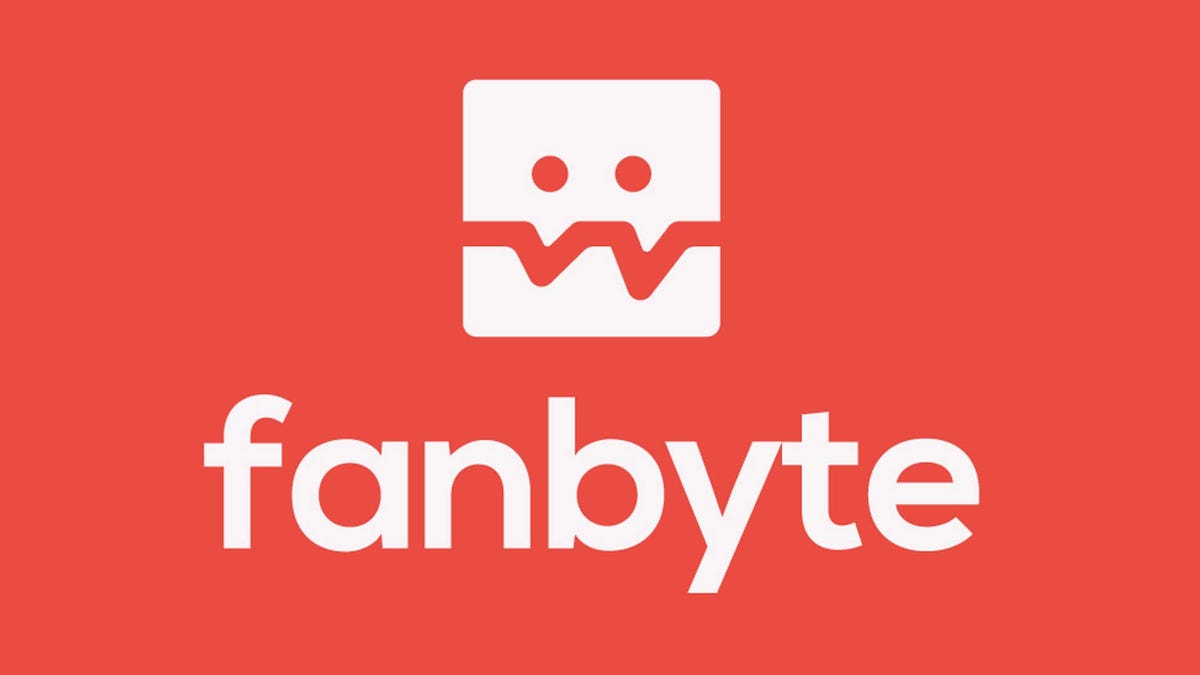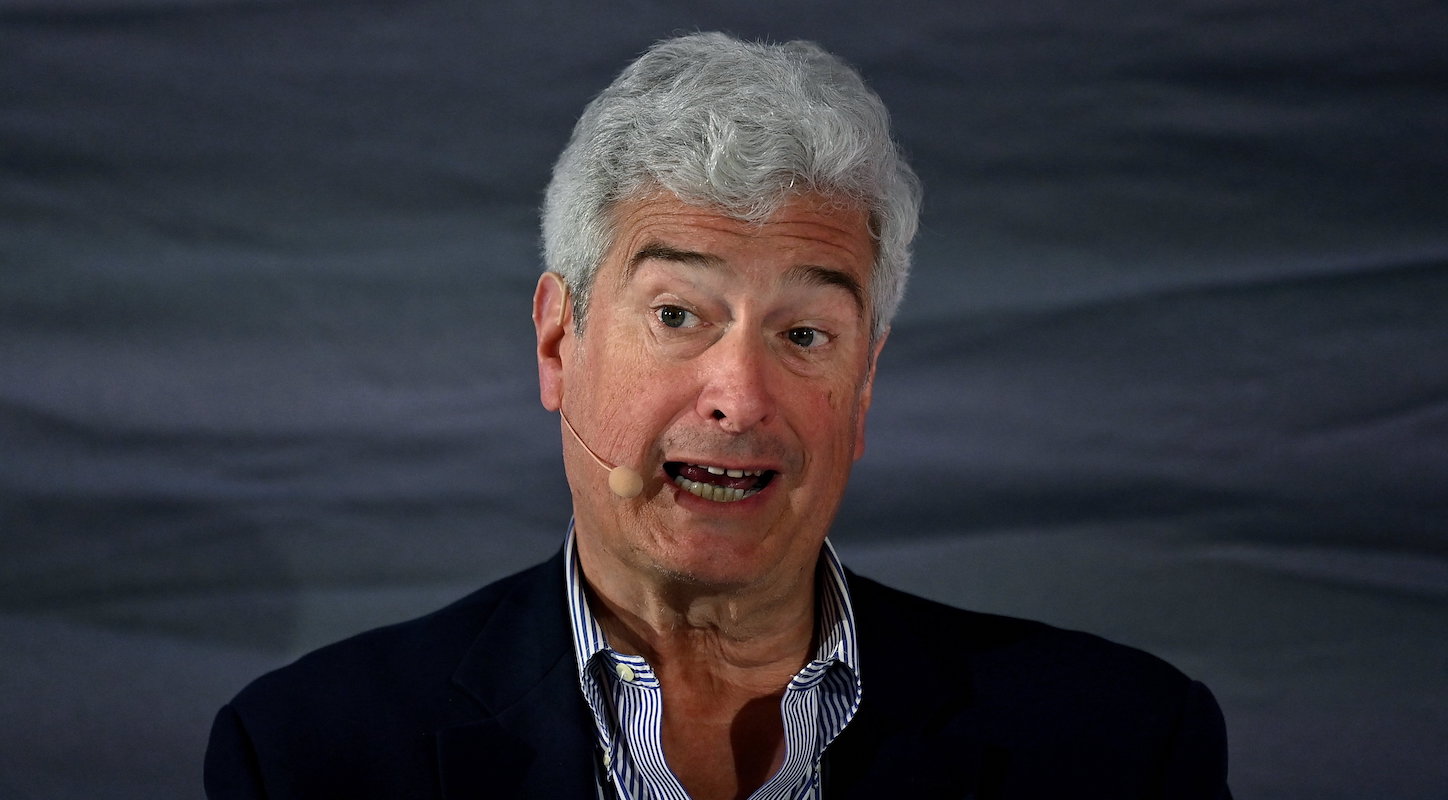
Venture Capitalism Feasts Like Vultures On Games Media
Media Companies are being gutted by Venture Capital vultures that see them as assets to be stripped to the bone then discarded - with no thought to the audiences they serve or the staff who work there.
Media Companies are being gutted by Venture Capital vultures that see them as assets to be stripped to the bone then discarded - with no thought to the audiences they serve or the staff who work there. Today we’re talking about the latest in a long line of examples of these - as a one of the most prominent sites in gaming is being forced to meet an impossible goal, one that seems designed to force staff to quit, replace their work with AI slop and eventually mean there’s no one to stop executives selling the brand entirely.
Execs Force Leadership Out
- Editor in Chief Jen Glennon of Kotaku quit publicly yesterday.
- She is the second editor in Chief to leave the company in seven months, after Patricia Hernandez was fired for refusing to follow the direction of executive leadership.
- She did so in response to a new corporate mandate that would have seen the site pivot from news/commentary and critique into a site that heavily focussed on guide writing and cheap SEO bait.
- In an email to G/O Media Leadership Jim Spanfeller and Lea Goldman seen by Aftermath - she said the following
After careful consideration, I have concluded that the current management structure and decision-making processes at G/O Media are not aligned with my values and goals for Kotaku, I firmly believe that the decision to ‘invert’ Kotaku's editorial strategy to deprioritize news in favor of guides is fundamentally misguided given the current infrastructure of the site, [This decision is] directly contradicted by months of traffic data, and shows an astonishing disregard for the livelihoods of the remaining writers and editors who work here.
- Publicly, she said the following: (Herb is an internal G/O Media insult for Spanfeller)
Some personal news! I've resigned from Kotaku and Jim Spanfeller is an herb
— Jen Glennon (@hellojenglen) March 21, 2024
- But the claim that executives wanted them to deprioritise news is actually downplaying it.
- Management set a goal that was fundamentally impossible to do in any way that actually serves audiences.
- Meaning it’s either a pretext to fire more staff (after layoffs earlier this year) or it’s a pretext to demand the staff use “time saving technology” and rely on AI.
- Which aligns with the GMG Union’s understanding of the position:
This marks the second Kotaku EIC in 7 months driven out by G/O Media’s aggressive mismanagement and Jim Spanfeller’s blatant disregard for journalism.
— GMG Union (@gmgunion) March 21, 2024
It is very clear that leadership wants to undermine the people who make these sites special and replace their work with slop. https://t.co/BcOo8MBKPU
What was the ask?
- The seven person writing team at Kotaku (which is tiny for a site of that size regardless) would be required to publish 50 guides per week.
- A guide is not a news post.
- It requires careful wording, screenshotting and an understanding of exactly what audiences want to know.
- It is a discipline in itself, often a thankless one that never gets enough credit.
- To write 50 guides per week would mean every staff member would be required to play, learn and then write up guide content - to the effective exclusion of all other work.
- For context, the current expected total post count is allegedly a minimum four posts per shift from staff, across all fields - a system which already heavily incentivises fast posts and aggregation rather than long term considered reporting.
- There is no way a team that size writing thoughtful guides that consider the user can write 50 guides in a week that are worth anything.
- By comparison, IGN, one of the biggest sites in the world with a staff to match - doesn’t even try to do that.
IGN, a "competitor" of Kotaku, has dozens of staffers dedicated to producing guides alone, a type of content that takes hundreds of hours of play and indexing for most AAA titles. To ask seven staffers to do "50 a week" is not just cruel, it's impossible.
— 𝒥𝑜𝑒𝓁, 𝒶 𝒻𝓇𝒾𝑒𝓃𝒹 (@joeljohnson) March 21, 2024
- Which is presumably the point, as Kotaku’s corporate owners at G/O Media have spent the last year either gutting sites of long time staff, selling them to gambling advertorial agents or filling the web with AI based trash articles that serve no one - while pressuring staff to keep to the demands.
- Otherwise they’ll probably lose their jobs (which G/O media mandate they move to New York for in many cases for Kotaku especially)
Once, an editor told me that Jim explained to them that his strategy was to apply pressure and “see what happens.” He is likely aware this is untenable, but wants people to worry so much about their job that they’ll do the impossible to keep it. https://t.co/1f5W1tcd02
— Patricia Hernandez (@xpatriciah) March 21, 2024
- Hence why staff are under the impression that they'd be required to effectively steal other guides work and reproduce it for the site - or just let an AI do that for them.
you know what? fuck it. here's a small cup of tea: management doesn't even care about the quality of the guides. they want us to "aggregate" them from other sites like a literal content mill. that they're destroying ppl's livelihoods gags me (not in the good way)
— 𝔩𝔢𝔳𝔦 “𝔢𝔩𝔩𝔢” 𝔴𝔦𝔫𝔰𝔩𝔬𝔴 (@xoelleslow) March 21, 2024
- And we’ve seen this pivot for guides or cheap SEO content multiple times the last few years from other sites.
- The people who own Gamurs Group are running their suite of sites into the dirt with similar demands for output and traffic - not quality.

- That’s what ended up leading to Second Wind, after the video team and leadership at the Escapist were ousted.
- While only a year and a half ago, Tencent simply gutted Fanbyte’s entire editorial team to retain a team solely focussed on guides.

- There’s a twisted logic to this.
- Guides are evergreen.
- Once they exist, they’re free clicks as long as the game exists
- We've previously talked about the fact that guides often pay to keep websites alive and fund actual reporting/criticism.
- Here's the thing - per staff statements - that was not the case at Kotaku.
- Kotaku has an audience who turned up every day for news/commentary and more - and is profitable as a result.
Today is my last day at Kotaku. Wild. I still remember when I started a decade ago. I would wake up every morning at 6am to write a daily feature or original report. I leave today knowing Kotaku is, if not G/O Media’s biggest site, then on the verge of that. Most days, it is.
— Patricia Hernandez (@xpatriciah) August 14, 2023
- How good is their news coverage to warrant that audience?
- Well within the last week alone, we've relied on them for breaking the story of Overwatch's single player content effectively being canned, and the reveal that staff were wasting effort striving for Blizzard quality for no reason.
- This year they've been one of the best sites to track layoffs in the industry, frequently breaking the stories of smaller studios that would otherwise go under the radar.
- Within the last few years, almost every story about Ubisoft's disastrous work on Skull and Bones has come from Kotaku.
- When the Activision Blizzard scandals were being highlighted, Bobby Kotick considered buying Kotaku in order to shut down their journalism.
- Even supplementary to that, many of the best writers, critics and journalists in the space have done a tour at Kotaku.
- They deliver journalism that goes beyond aggregation on a consistent basis, which we personally reflect in how often we aggregate their original work across both this channel and our daily news coverage on ghost.
- While also being subject to the executive interference outlined above.
- Have they gotten things wrong?
- Absolutely. Same as every site, channel or anyone who engages in journalism.
- It happens, and that's why there are updates and corrections for every site that handles reporting.
- But Kotaku absolutely takes their Ls more publicly because their brand of opinionated, blog style writing is saying things that sometimes folks don't like, regardless of whether it's accurate news or a controversial opinion/headline.
- None of that justifies the site being effectively wiped from existence because a board of venture capitalists think the site isn't making them more profit.
- Because that's the aim here.
- This is all about making the line go up at any cost - for the benefit of executives.
- At the expense of serving audiences.
The Line Must Go Up
- The people who own Kotaku and every other site under G/O media are avaricious, idiotic vandals who are not interested in serving the audience with quality writing.
- They want money, either right now, by selling off assets like a brand or by flipping the whole company once their investment has run it’s course.
- In an exit interview it's explicitly why Jason Schrier left in 2020, and it's been echoed in many of the conversations that ex staff have had in the intervening years.
- They have taken sites that were profitable, and ruined them with egregious advertising, broken editorial direction and AI slop in the hopes that somehow that will make the line go up more.
- Here’s experiences from ex-Kotaku staff:
g/o media tried to kill every piece (and succeeded on a couple) investigative journalism pieces i ever wrote at kotaku and it’s infuriating that AI generated garbage is what they’re investing their resources into
— sisi jiang / 姜思琪 (@six6jiang) June 30, 2023
Kotaku is now down to three editors, including the EIC. For reference, it had like twice that number a few years ago.
— Patricia Hernandez (@xpatriciah) January 5, 2024
- Because these demands aren’t even good ideas that increase traffic, they simply put staff under more pressure by reducing headcounts, make worse products for users and then result in statements like this:
Traffic at across G/O Media has fallen from 33 million unique visitors in December 2019 to 21 million in December 2023, according to Comscore
- And it’s been like this from the start.
- This is what lead to the collapse of Deadspin and the creation of Defector by all the folks who left.
- G/O Media owns many of the internet’s most prominent sites.
- The Onion, Gizmodo, AV Club, Kotaku and more all fall under their umbrella.
- With no action, they all would likely have remained popular and consistent.
- Every single one of those outlets is in a worse position than when G/O Media was created by private equity firm Great Hill Partners, consolidating Gizmodo Media Group and The Onion under their banner.
- This is how corporate America often works.
- A company will come up for sale - with a private equity firm seeing the potential for a minor investment, “upgrades” to the company and then a quick sale for a tidy profit of several million dollars.
- This usually means making sure the asset doesn’t lose value, that streamlining is done to manage the less profitable parts and
- Rarely does this go wrong the way it did for Great Hill Partners.

- They bought the assets cheap - and then tried to work out how to make the whole thing more valuable to a prospective buyer five years down the line.
- The problem is that they are deeply wrong about what they have and how building an audience works.
jim spanefeller once bragged about how forbes published 5000 posts a day under his reign, so like, how much does he really know about deeply reported, niche journalism.
— lin codega, rascal era (@lincodega) March 21, 2024
- But even beyond big picture mismatches - this is a leadership that is directly interfering with the day to day, as captured by The Daily Beast last year.
Spanfeller, who insiders claim is obsessed with the number of articles each site publishes in a day, grills editors at a weekly traffic meeting about their respective site’s performance. “He is too focused on small details of headlines and when an article went up to understand an online news site,” one G/O staffer told Confider.
- While implementing plans that fail to acknowledge any kind of uniqueness from the individual sites they manage.
- And ultimately - that’s okay with this leadership.
- The worst case scenario is that if a site doesn’t do well, the Execs at G/O now have full cause to fire the staff, sell the brands and make some of their money back.
- Audiences don’t matter, people don’t matter.

- They can just move on to the next venture and spend more money to interfere with people's lives and legacies.







